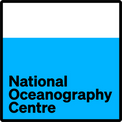Southampton, UK
Wednesday 8 October 2025
We are entering an exciting new era of data-driven opportunity.
Artificial intelligence (AI) and machine learning (ML) are delivering extraordinary advances in science and technology.
These capabilities have the potential to lead to some of the greatest developments in our history, with the oceans being no exception.
This conference will set this critical future use of ocean-related AI/ML into the context of the associated scientific, technological, operational and ethical/data management challenges.
Why join us in Southampton?
- Become familiar with expert contemporary thinking on emerging technologies in the marine space and how you fit in
- Hear from groundbreaking speakers from all aspects of oceanography, artificial intelligence and machine learning
- Understand what our industry could look like in the near future
- Better placed to consider how you and your organisation can prepare for industry changes
- Progress your own continuing professional development (CPD)
- Expand your network of peers and develop vital relationships
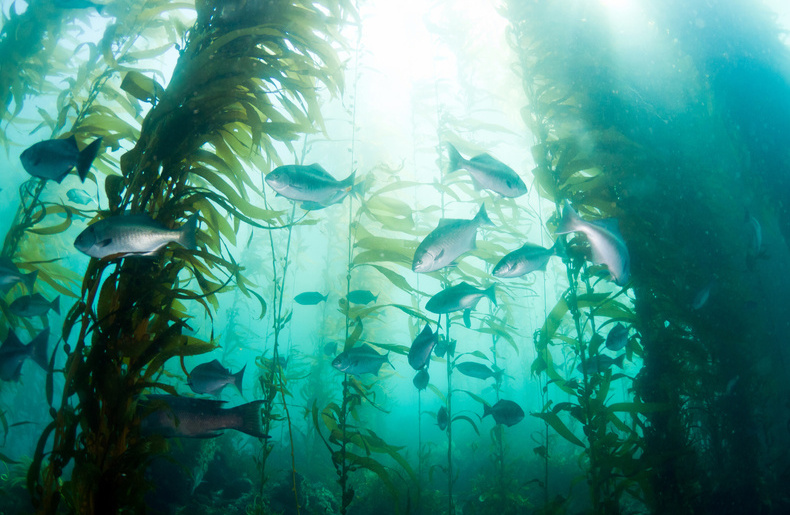
Oceans of Knowledge 2023
Find out what was in store in the last edition of the conference in this preview from 2023.
Oceans of Knowledge 2023: Highlights
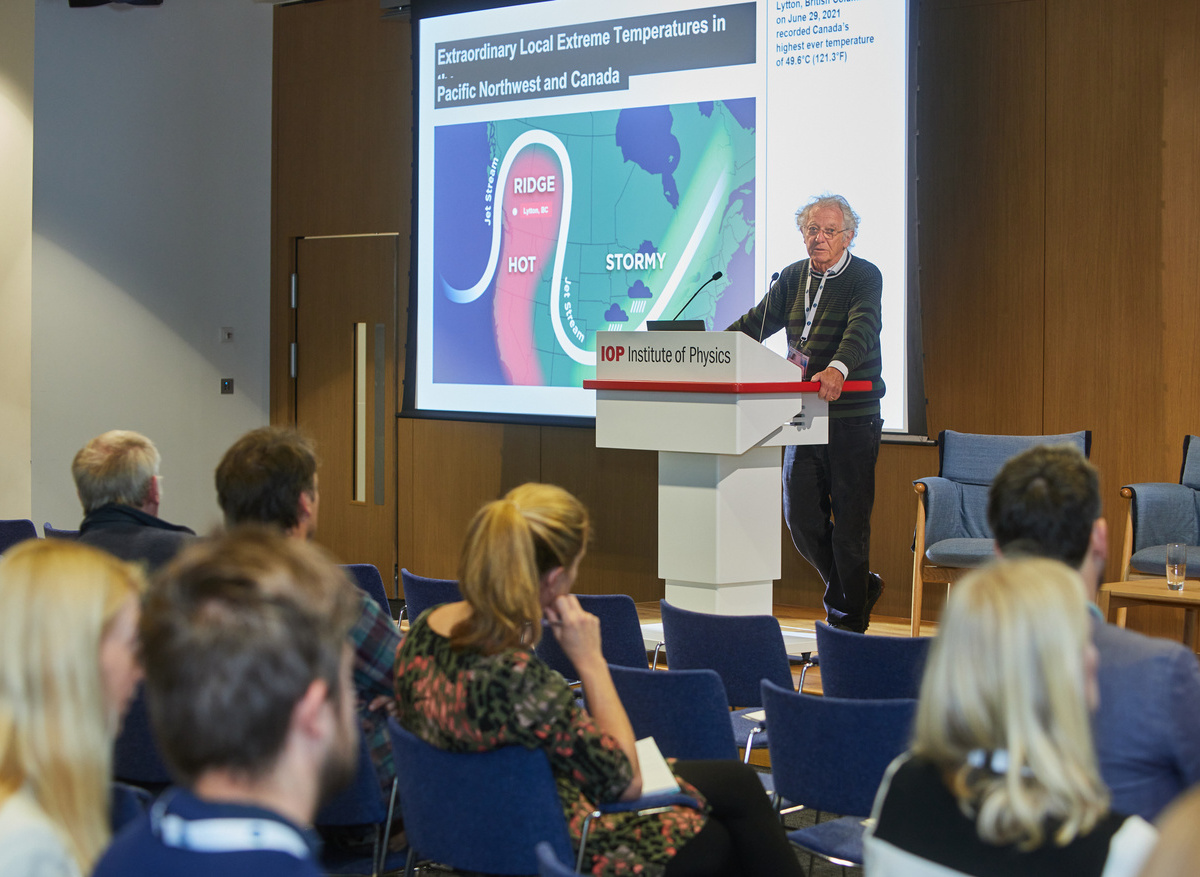
Professor Sir David King gives the keynote address
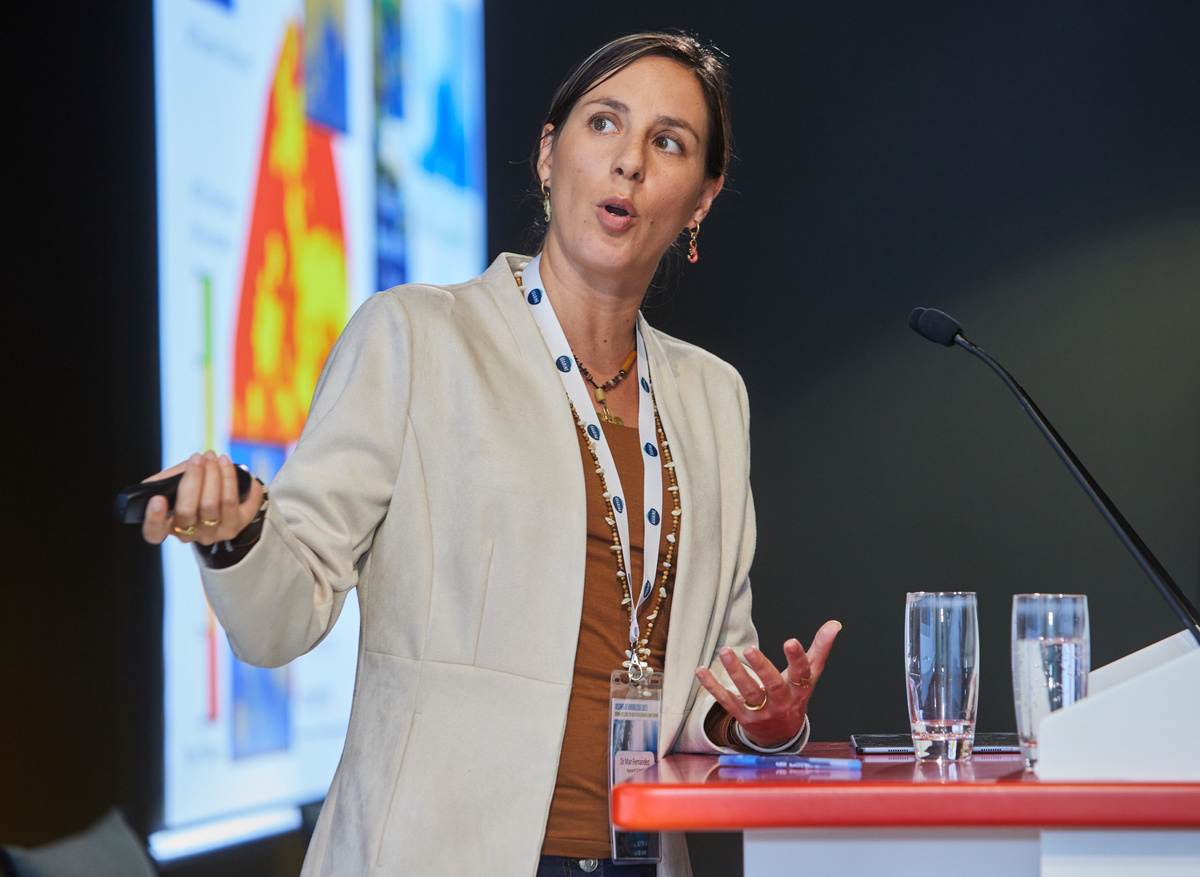
Speaker: Dr Mar Fernandez

Oceans of Knowledge 2023
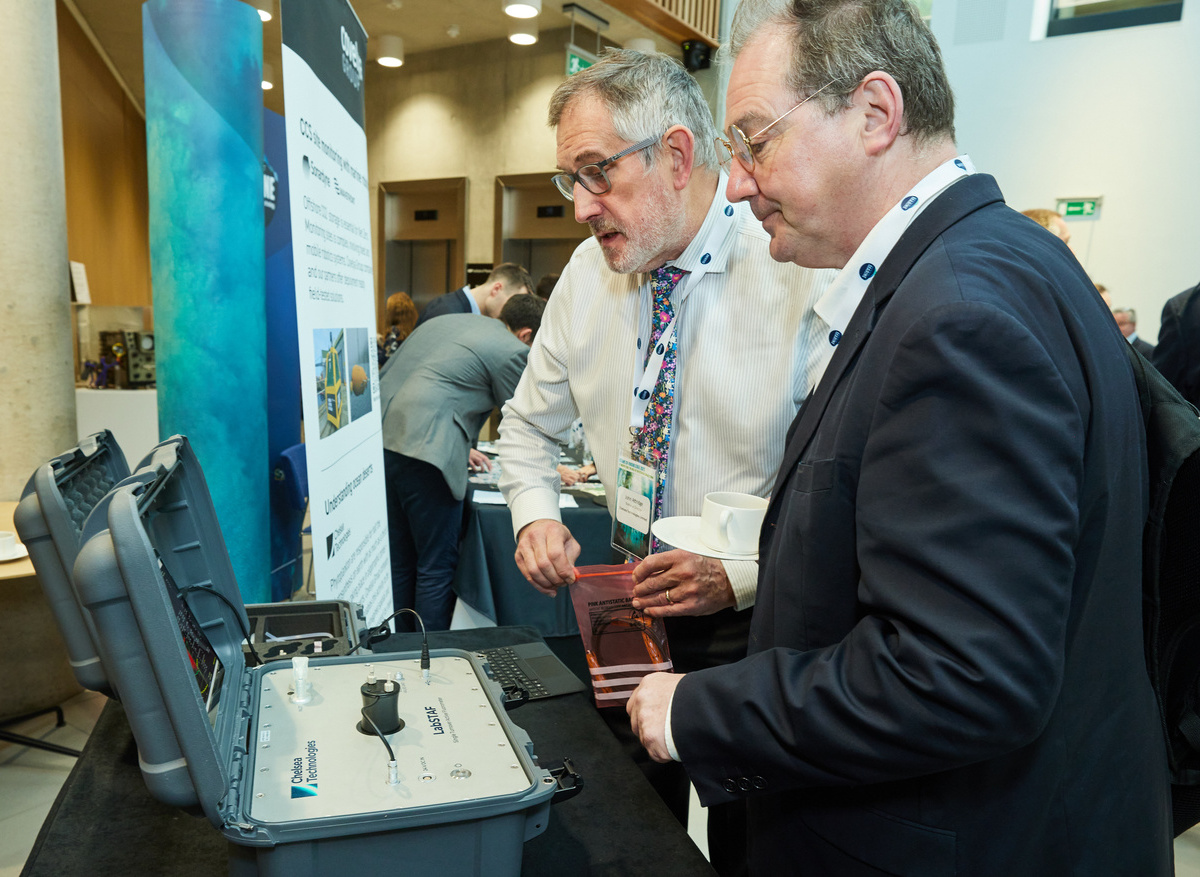
Oceans of Knowledge 2023
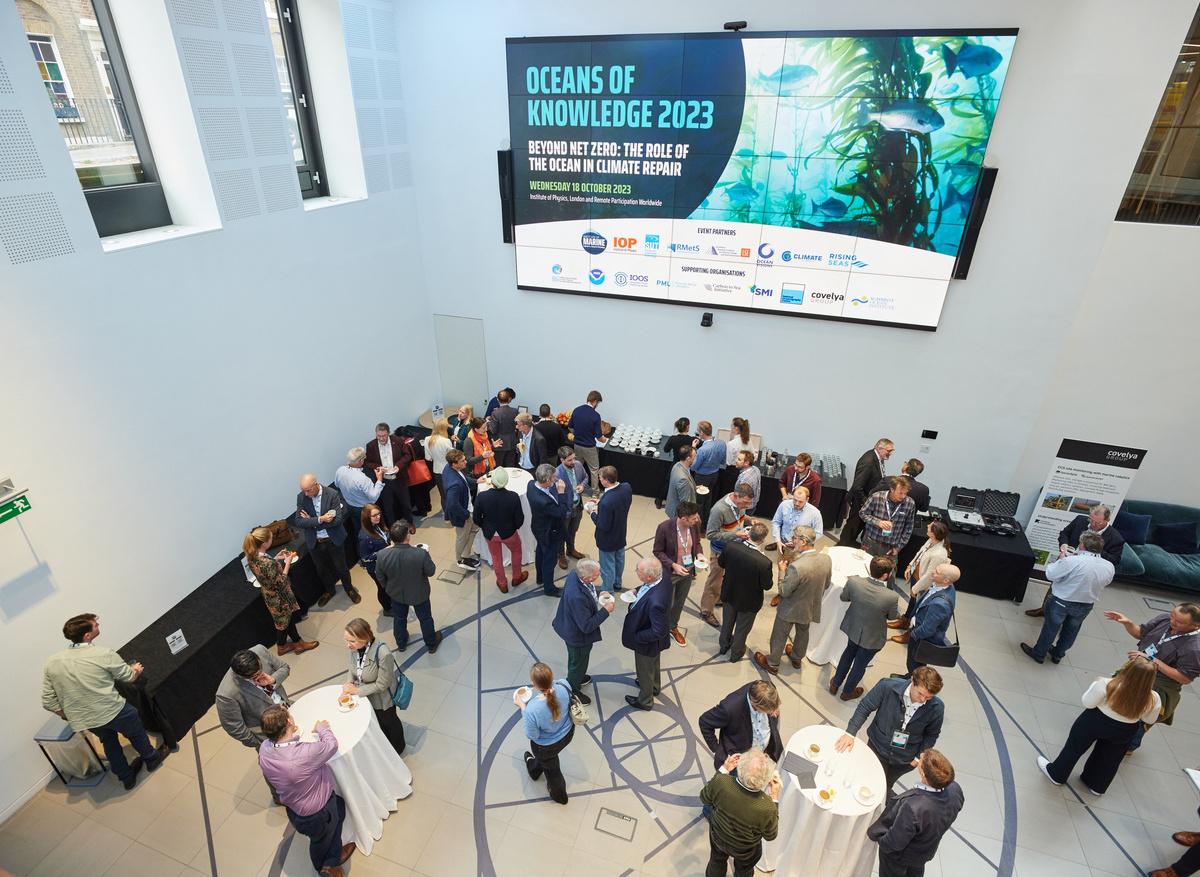
Oceans of Knowledge 2023
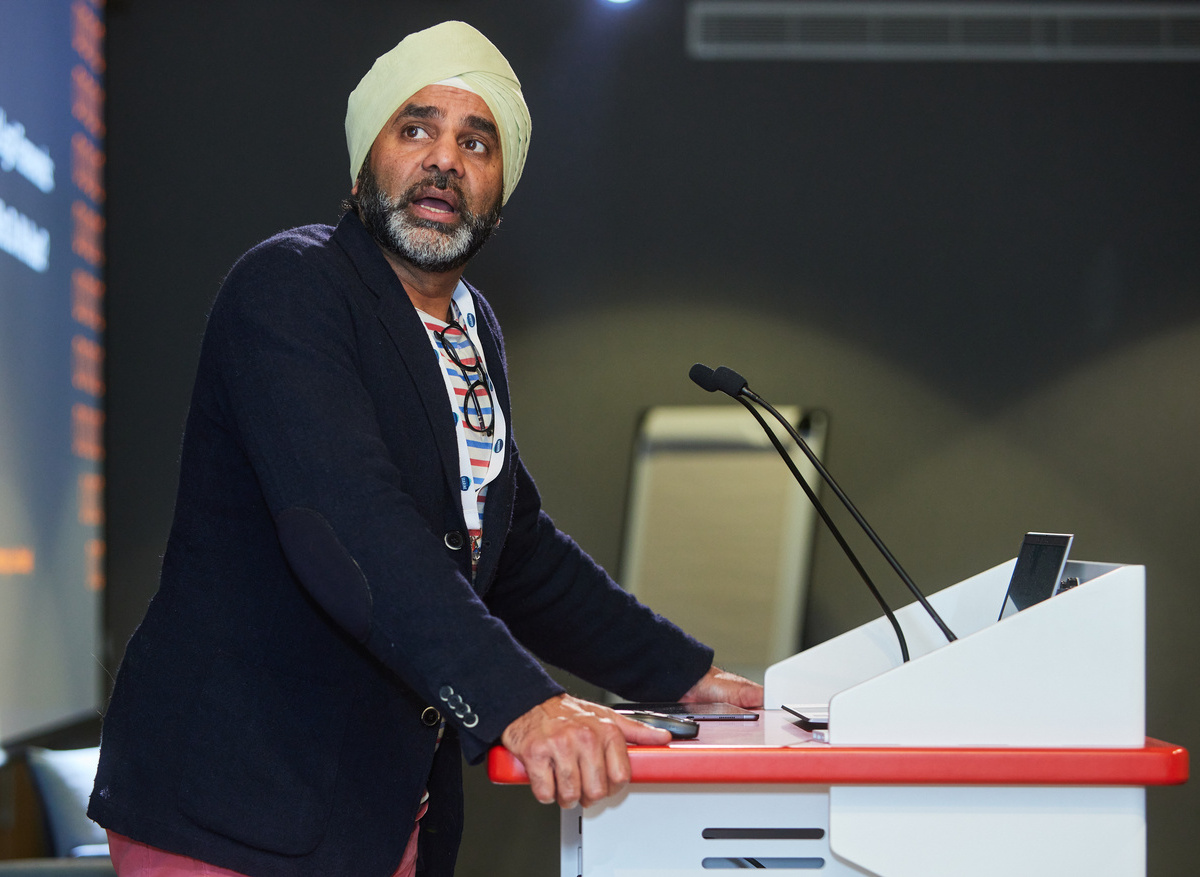
Speaker: Navraj Singh Ghaleigh
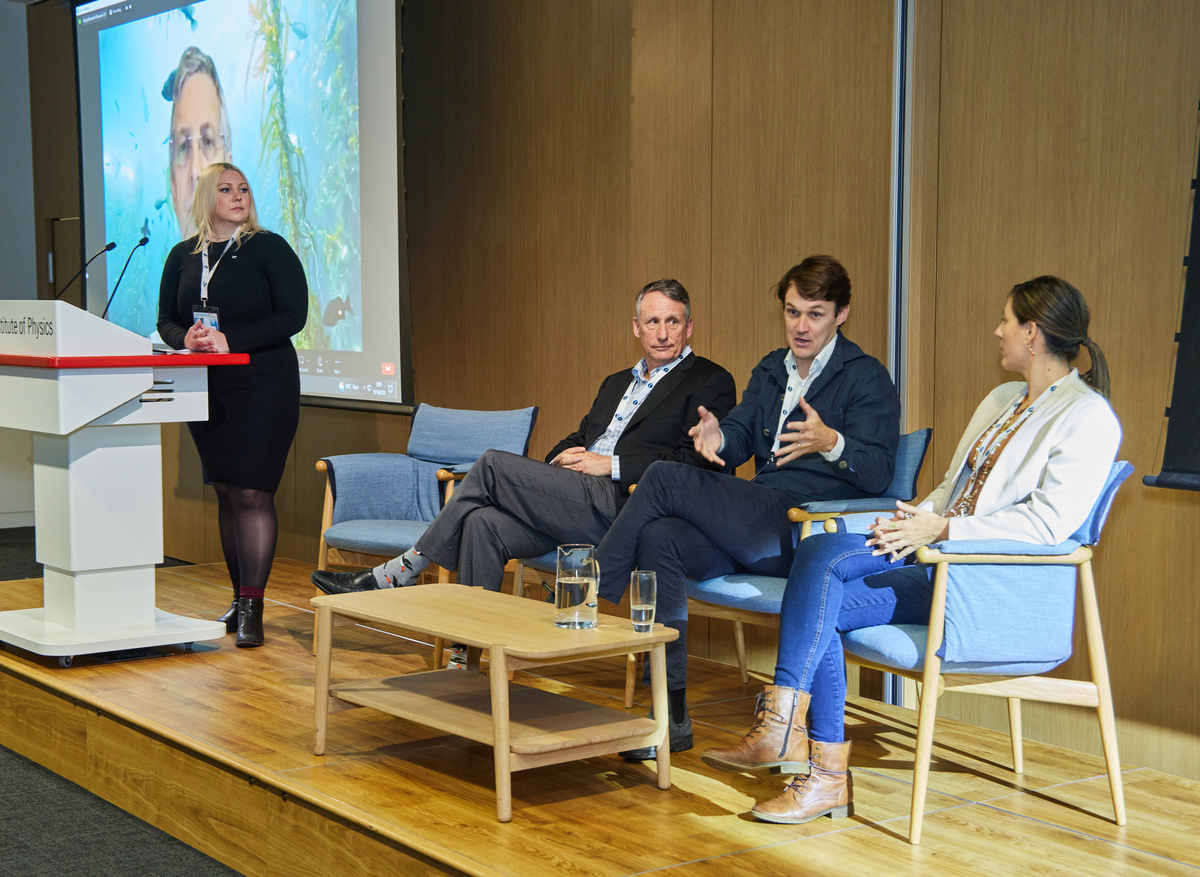
Oceans of Knowledge 2023
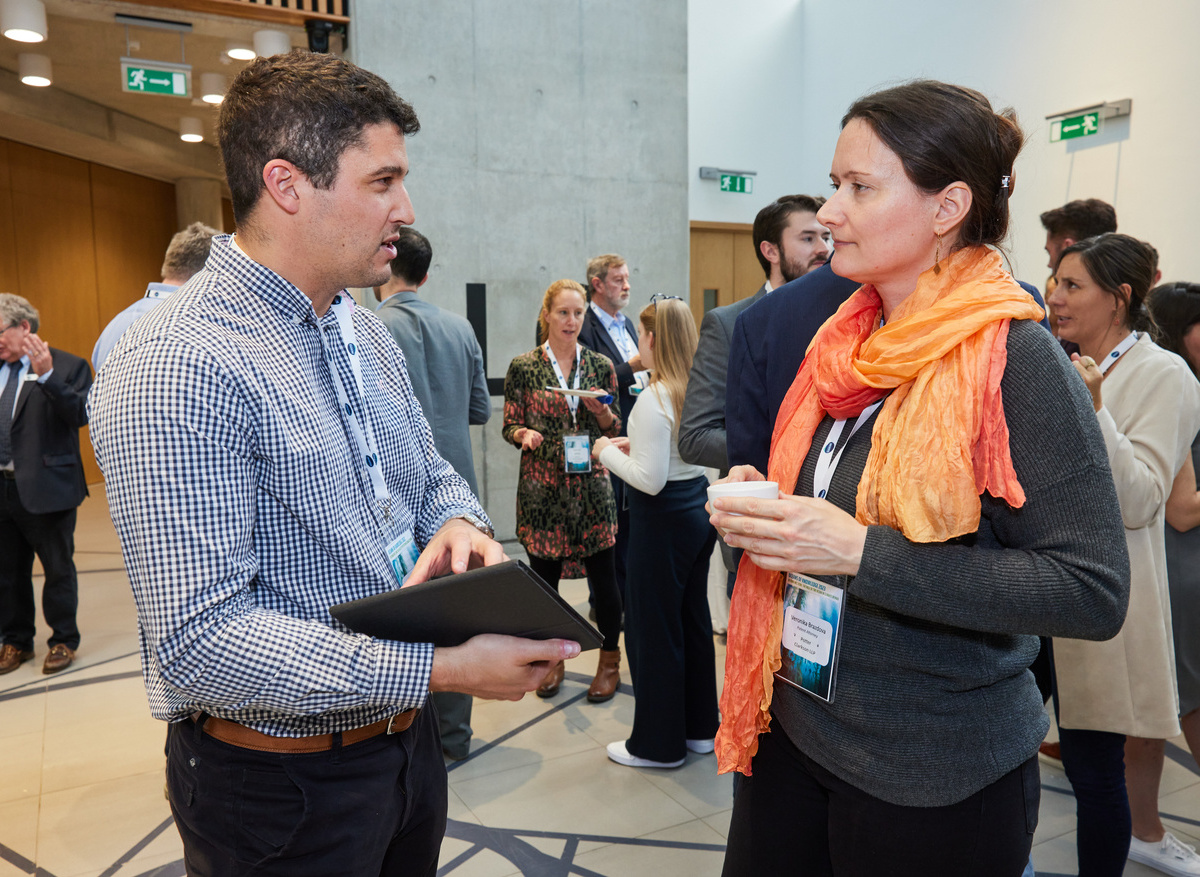
Oceans of Knowledge 2023
Addressing the key questions
Oceans of Knowledge 2025, on the Role of AI/ML in Operational Oceanography, will look at emergent questions such as:
- How can AI/ML be used in the design of new sensor networks, including adaptive sampling of autonomous vessels, and in the operation of observing systems?
- What are the key data management challenges, and what are the ways these technologies can most efficiently be utilised in analyses of observational datasets?
- How can AI/ML be used to augment (or even replace) traditional numerical modelling approaches, as well as in improving user decision-making from bespoke applications?
- What do these new opportunities mean for the future of operational oceanography?
Endorsed by
